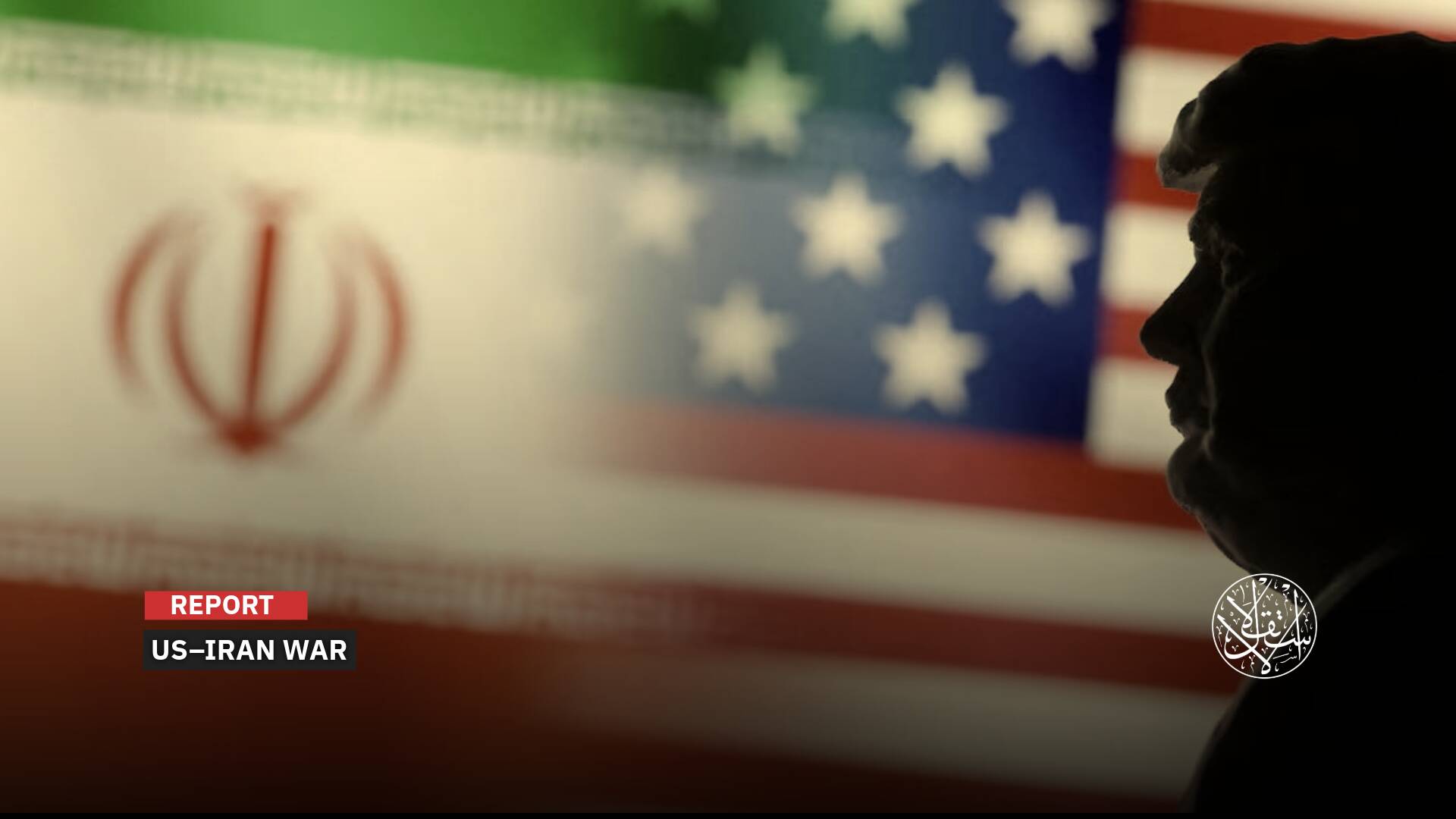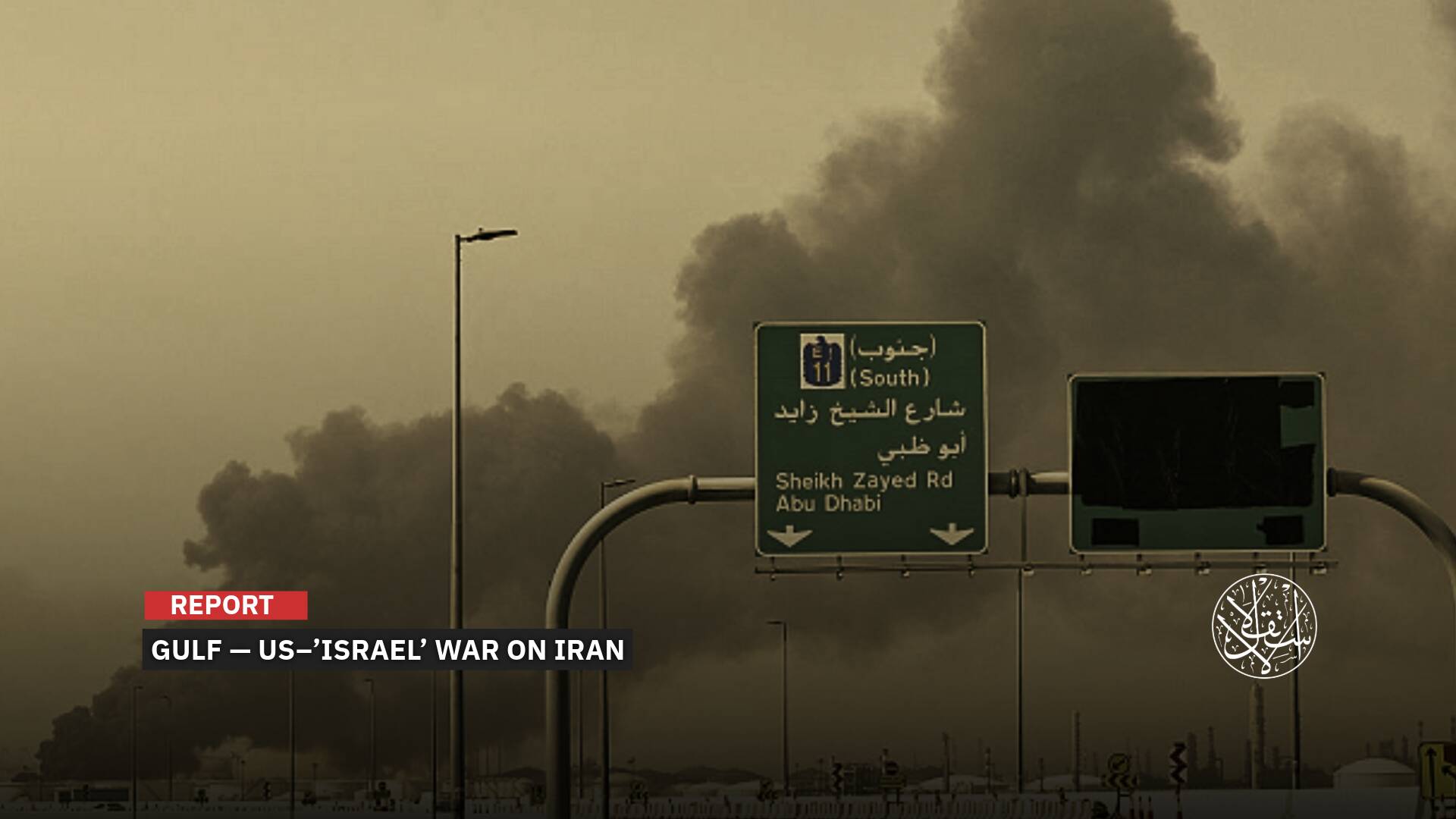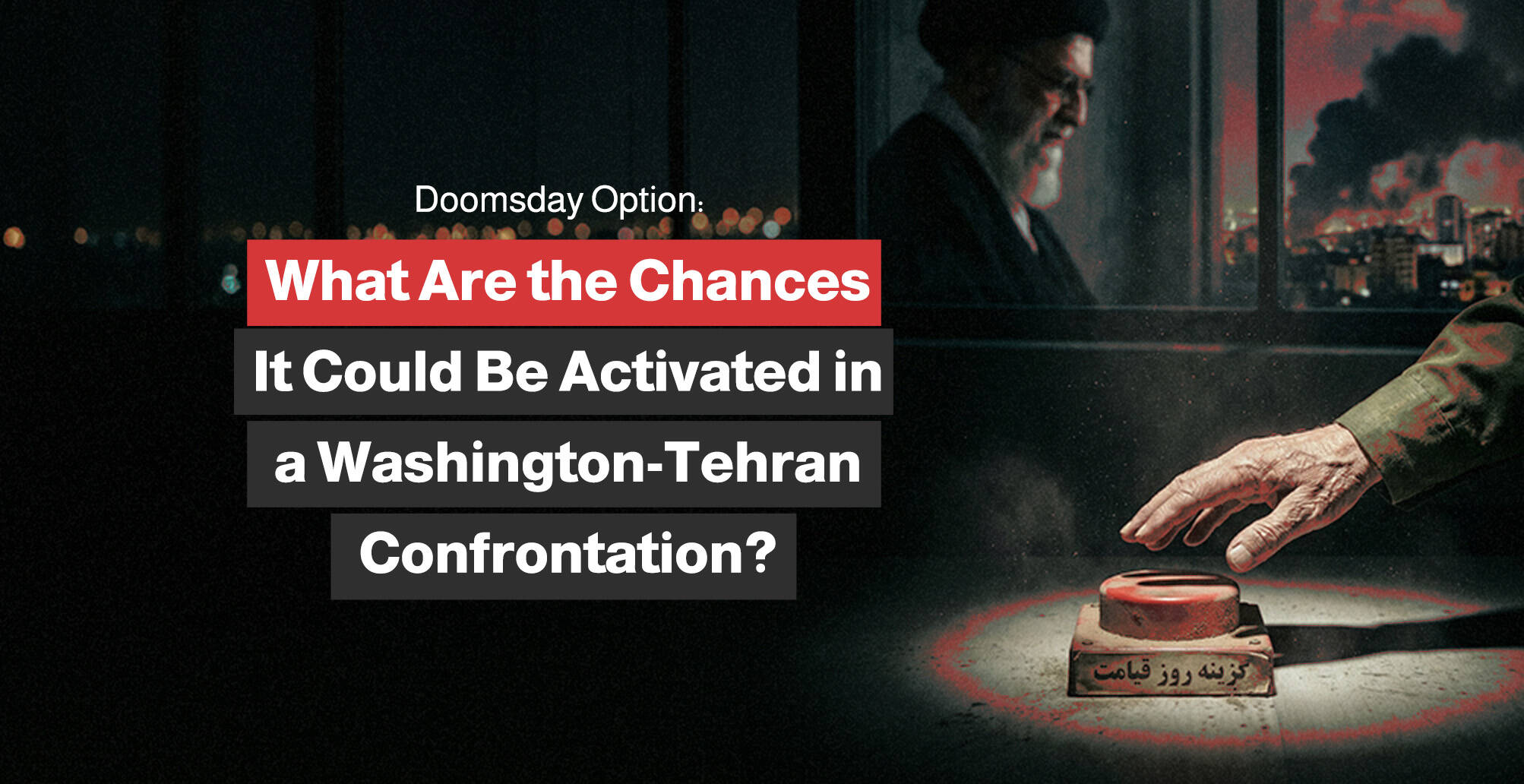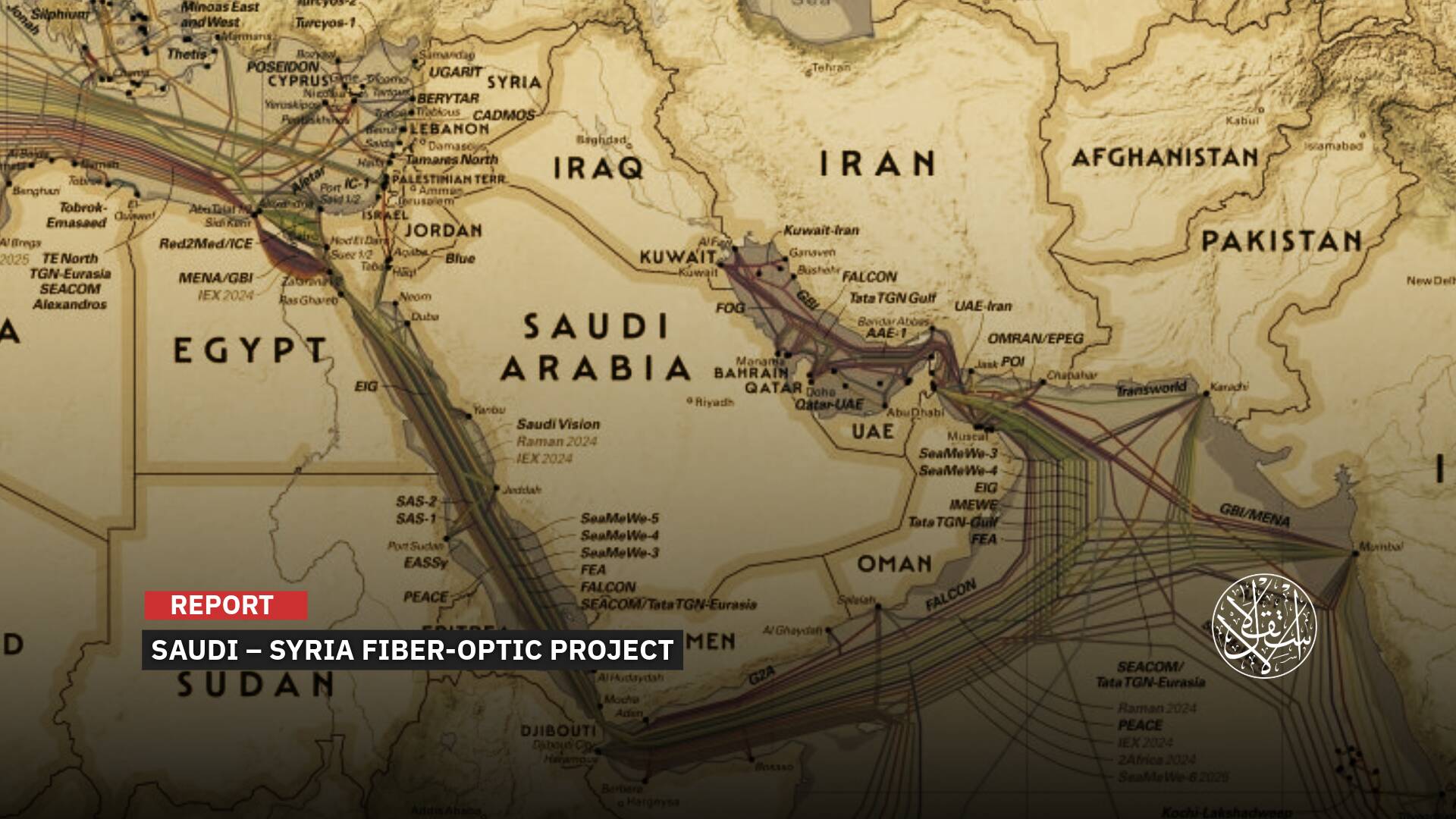Amid US Elections, What's Recent on Iran-‘Israel’ Tension?

Iranian officials have confirmed that their country will respond to the Israeli attack appropriately.
Despite the limited effectiveness of their actions, both Iran and "Israel" continue to exchange strikes based on the principle of “an eye for an eye.”
This ongoing exchange stifles the potential for a new deterrent balance, where one side could launch an attack without the looming threat of reprisal and prompts important questions about Iran's potential response to the Israeli attack that occurred on October 26, 2024, which did not match the scale of threats issued by “Tel Aviv.”
As skepticism grows regarding the efficacy of these seemingly futile strikes and the targeting of softer targets by both sides, another question emerges: How long will this cycle of violence persist, and is its duration tied to the upcoming U.S. presidential elections?

Measured Retaliation
In the wake of the recent Israeli attack, Iranian officials have vowed a suitable and resolute response, though they have withheld details about its form and timing.
This echoes their reaction earlier in October 2024, following the assassination of former Hezbollah leader Hassan Nasrallah and the former political bureau chief of Hamas, Ismail Haniyeh.
Esmail Baghaei, a spokesman for the Iranian Foreign Ministry, declared that Tehran "will employ all available means" to retaliate against Israeli strikes on military targets within Iran.
Speaking at a press conference on October 28, Baghaei emphasized that Iran’s response will depend on the nature of the Israeli assault.
Commander of the Islamic Revolution Guards Corps (IRGC), Major General Hossein Salami, warned that “Israel” will face “bitter and unimaginable consequences,” insisting that the Israeli attack represented Israeli "miscalculation and its frustration in the battlefield in the war against the combatants of the great front of Islamic resistance, especially in Gaza and Lebanon," as stated by Tasnim News Agency.
The Iranian President Masoud Pezeshkian stated, "We do not seek war, but we will defend the rights of our nation and country.”
Iran’s Foreign Minister Abbas Araghchi affirmed in a letter to the U.N. that Iran "reserves its inherent right to legal and legitimate response to these criminal attacks at the appropriate time,” as reported by IRNA.
Iran’s Supreme Leader, Ali Khamenei, said that "it is up to the authorities to determine how to convey the power and will of the Iranian people to the Israeli regime and to take actions that serve the interests of this nation and country.”
In his first comments on the airstrikes, Khamenei stressed that the attack should neither be “exaggerated nor downplayed,” although he refrained from calling for an immediate retaliation.
He indicated that Iran's strength must be showcased to “Israel,” and the means to achieve this should be decided by officials, prioritizing what is in the best interest of the people and the nation.
Khamenei’s recent statements signal that Iran is carefully weighing its response to the attack.

Tensions and Calculations
Iyad Thabet, an expert on Middle Eastern affairs, emphasized that an ineffective response serves little purpose, focusing more on appearances than on real impact.
He suggested that there may be agreements, possibly mediated by Washington, that indicate a form of indirect coordination between Tehran and “Tel Aviv” to avoid escalating tensions.
Thabet reported to Al-Estiklal that the ongoing exchanges of attacks could serve as a prelude to the upcoming U.S. presidential elections, pitting Republican Donald Trump against Democrat Kamala Harris on November 5, 2024.
"After that, the narrative will change," Thabet asserted.
He argued that if Trump returns to the White House, he would likely manage the exchange of attacks through political and economic means by tightening sanctions on Iran.
Thabet emphasized, "Israel and the U.S. do not wish to dismantle the existing system of Velayat-e Faqih, [the Guardianship of the Islamic Jurist known as the Shia framework of clerical rule in Iran]."
According to Thabet, "No one will be able to topple the current Iranian regime except the United States. If it needs the regime to remain in place, it will not fall, because its survival is crucial for Israel at this moment. It compels Arab regimes to align with it in order to escape Iranian influence and the ambitions of Velayat-e Faqih in the Arab world."
Thabet pointed out that "Israel will fill the void left by Iran in the governance of countries it seeks to manage," asserting that the current reality shows that the Israeli occupation, backed by Western support, effectively controls decision-making on the ground in Lebanon, Palestine, Jordan, and the Gulf states, with Yemen and Sudan on the horizon.
"Iran's ineffective response aims to defend what remains of its image in the region, asserting its leadership of what is termed the 'axis of resistance,' even as Israel and the U.S. can easily violate the sovereignty of these states whenever they wish, particularly in Iraq and Syria," he concluded.
Meanwhile, Israeli affairs expert Wadih Awawdeh remarked that Prime Minister Benjamin Netanyahu remains determined to draw the United States from a defensive posture to a direct confrontation with Iran.
According to Al-Estiklal, Awawdeh stated, "There is no room for retreat or maneuvering after the stern threats from Iranian officials. The statements have been unequivocal, therefore Israel is taking this into account.”
"There is no underestimation of Iranian threats within Israel, and measures are being taken to mitigate any potential strike," he noted.
Awawdeh dismissed the likelihood of an Iranian response to “Israel” before the American presidential elections on November 5.

American Warning
The United States has issued a stern warning to Iran, emphasizing the seriousness of its position.
U.S. Ambassador to the United Nations Linda Thomas-Greenfield said, “Our message for Iran remains clear, as well: Should it choose to undertake further aggressive acts against Israel or U.S. personnel in the region, there will be severe consequences.”
In her speech to the UN Security Council on October 28, Thomas-Greenfield asserted, "We will not hesitate to act in self-defense. Let there be no confusion. The United States does not want to see further escalation. We believe this should be the end of the direct exchange of fire between Israel and Iran."
U.S. Secretary of Defense Lloyd Austin cautioned Tehran against responding to Israeli strikes that targeted military sites in Iran.
During a call with Israeli Defense Minister Yoav Gallant, the U.S. Secretary of Defense talked about potential avenues for reducing tensions in the region, according to a Pentagon statement.
Austin told Gallant that, "Iran should not make the mistake of responding to Israel's strikes, which should mark the end of this exchange. "
Austin discussed “the opportunities that now exist to use diplomacy to dial down tensions in the region.”
Israeli Defense Minister Yoav Gallant stated that he discussed with the U.S. Security of Defense Lloyd Austin “initial assessments regarding the success of the strikes against missile manufacturing facilities, surface-to-air missile arrays and Iranian aerial capabilities,” as reported by the Times of Israel.
The U.S. Department of Defense reported that "Strategic opportunities have risen as a result of operational achievements, in both the northern and southern arenas [Lebanon and Gaza]."
On the day of the Israeli attack, Iran reported that the strikes had targeted military locations within its territory, killing four Iranian soldiers and causing limited damage.
On October 26, the Israeli Occupation Forces (IOF) claimed it conducted precise and targeted strikes on missile manufacturing sites and other aerial capabilities in Iran in retaliation for an earlier attack by Tehran against “Israel.”
Sources
- The commander of the Iranian Revolutionary Guard warns “Israel” of bitter consequences. [Arabic]
- Iran vows to respond to the Israeli attack with all available means. [Arabic]
- The response to the response - Iran is considering its options and there is talk about priorities. [Arabic]
- Austin warns Iran against responding to Israeli strikes. [Arabic]
- America warns Iran of severe consequences if it attacks “Israel” again. [Arabic]
- If Iran retaliates, an expert identifies targets for upcoming Israeli strikes. [Arabic]
- There are expectations for a new Iranian response to “Israel.” [Arabic]












